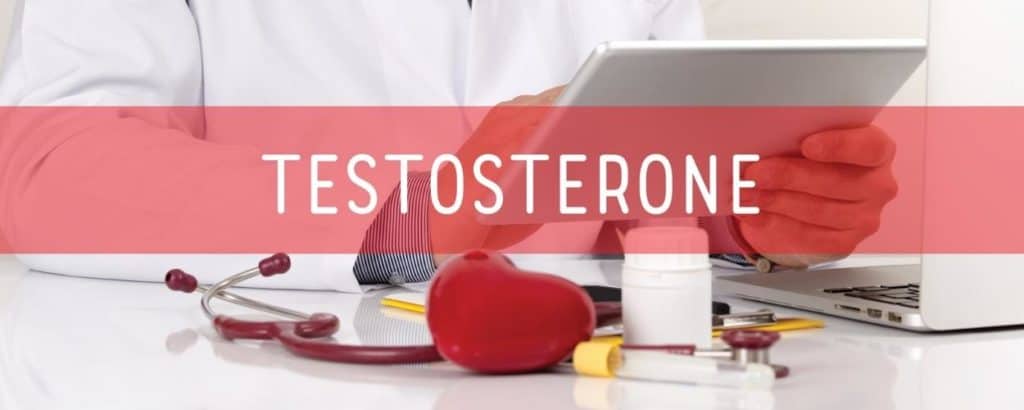
testosterone replacement therapy seattle
is testosterone replacement therapy permanent
Ultimately, the decision is up to you. Request a discussion on available options and whether that particular practice utilizes them.
It is a challenging task to create educational materials about testosterone replacement therapy for healthcare professionals. This provides healthcare providers with the skills and knowledge they need to manage this important treatment. These educational materials should cover a variety of topics such as the indications for testosterone replacement therapy and the risks and benefits of treatment. They also need to address the best methods for monitoring patients who are receiving testosterone therapy. Healthcare providers should be informed about potential side effects and how to manage them. Educational materials should also include information on possible interactions between testosterone replacement therapy, other medications, and any medication that may be prescribed to the patient. Healthcare professionals should be able to access the most current research and best practices in testosterone replacement therapy. Healthcare providers can use comprehensive educational materials to help them safely and effectively recommend the therapy to patients.
Be bold and ask hard questions; why are specific tests and treatments required or anything that will help you understand your diagnosis? Generally, when you know the "why" of your treatment, it is most likely that you will follow the treatment plan.
testosterone replacement therapy seattle



